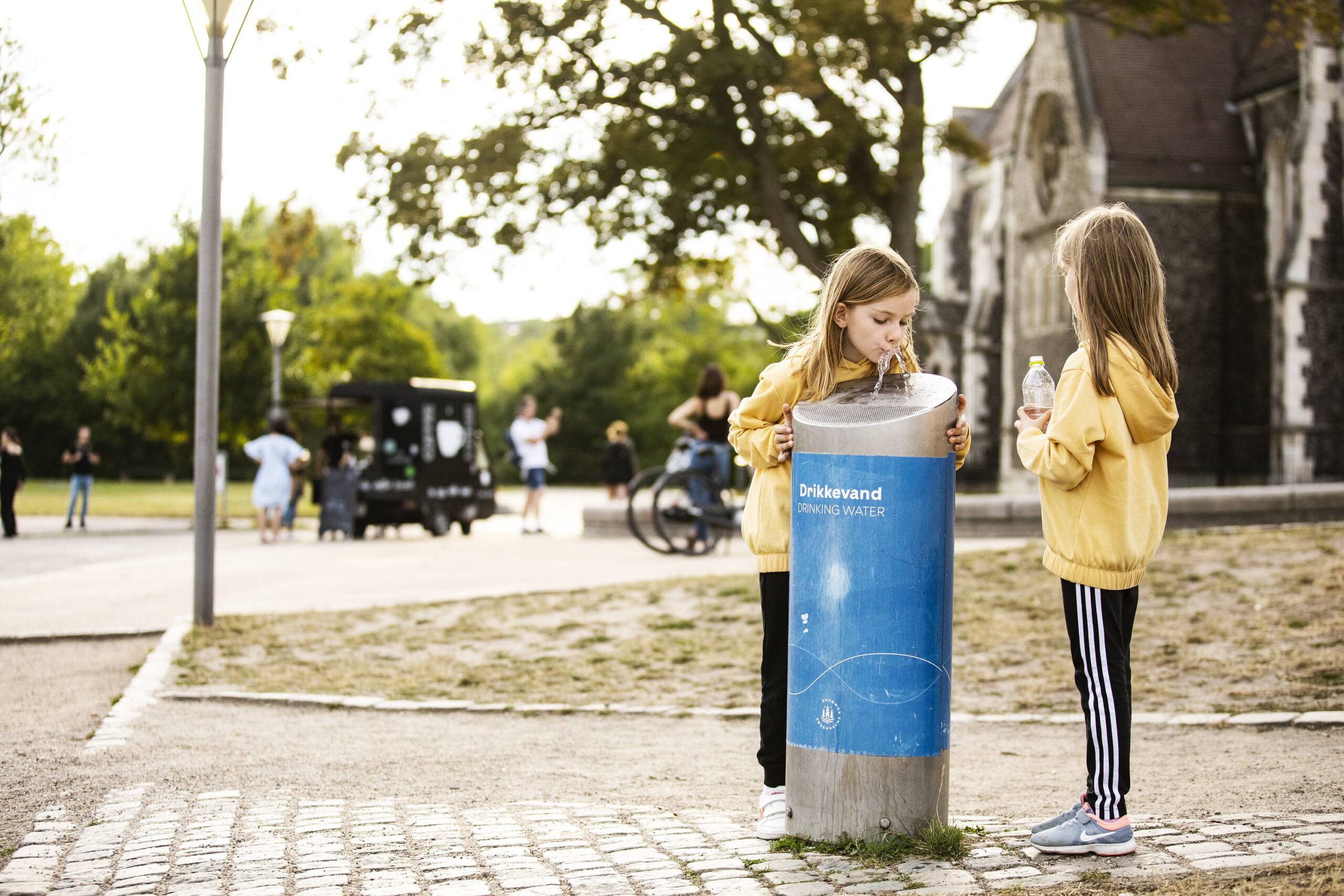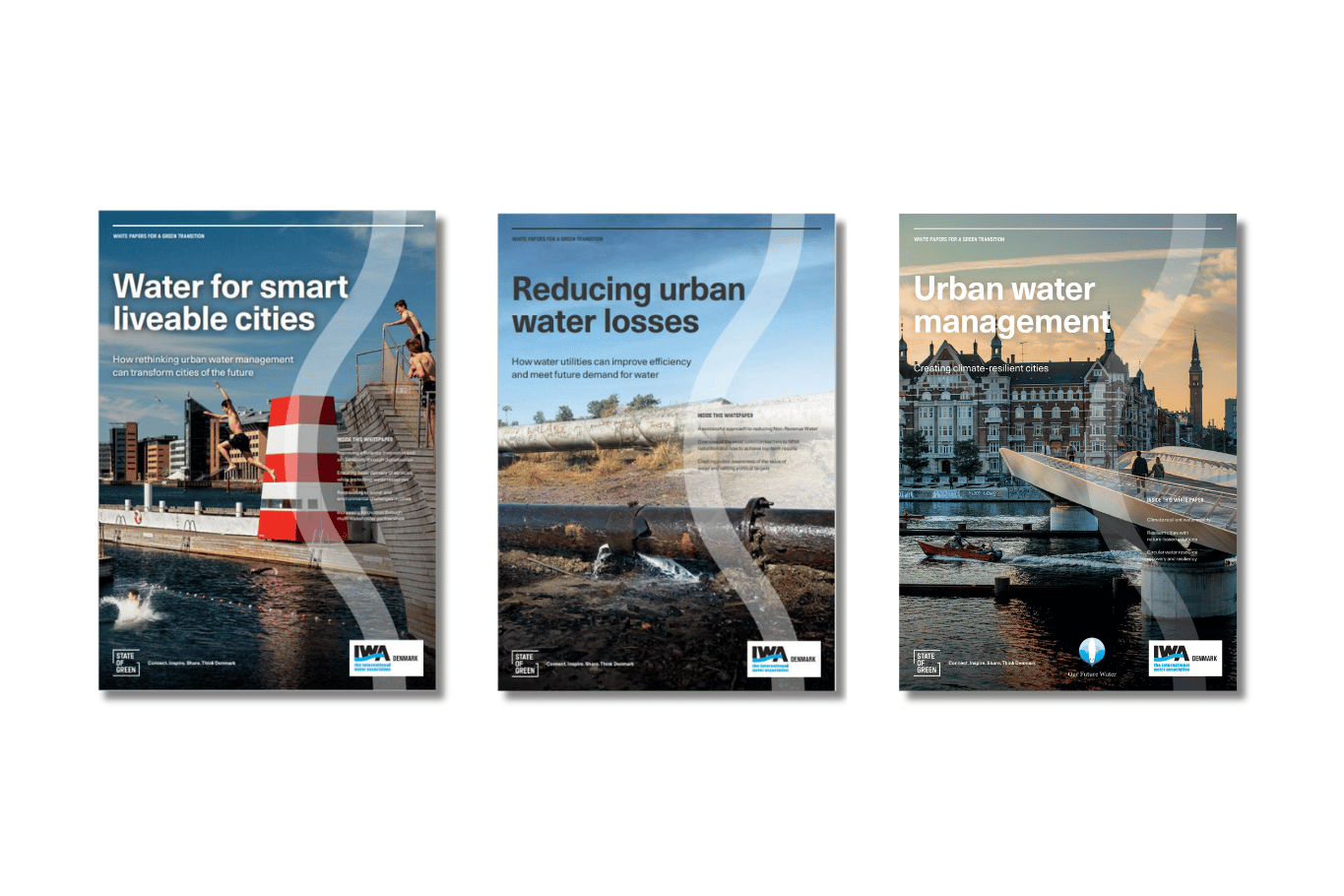Discover publications on water supply
Discover our white papers with valuable insights into methods, tools and state-of-the art solutions across water sectors in Denmark and around the world.
Explore the publicationsNews
Water supply
Drinking water treatment
Urban water management
+2



Discover our white papers with valuable insights into methods, tools and state-of-the art solutions across water sectors in Denmark and around the world.
Explore the publicationsPer- and polyfluoroalkyl substances (PFAS) are a large class of thousands of synthetic chemicals that are used throughout society. Also known as “forever chemicals,” PFAS are persistent in the environment, do not break down naturally and are increasingly being detected as environmental pollutants. These substances accumulate in ecosystems, animals, and humans, and are linked to serious health issues. Addressing this challenge requires a coordinated, cross-sectoral effort to effectively prevent and manage PFAS-related problems.
In an effort to deal with these challenges, a united Danish Parliament have presented a new national plan allocating around EUR 54 million to prevent, contain, and clean up PFAS contamination across Denmark.
With the new national action plan, Denmark becomes the first country in the EU – possibly alongside France – to introduce a ban on PFAS in clothing, shoes, and consumer impregnation products. PFAS from textiles account for around 60 percent of all PFAS emissions in the EU, so it will require significant effort from the industry to phase out PFAS.
“With this action plan, we take an important step forward in handling and reducing PFAS in our environment and daily lives. It is crucial for Danes to feel safe when putting rain gear on their children, drinking tap water, and eating homegrown potatoes. Therefore, three major efforts in the action plan involve banning PFAS in clothing and shoes, PFAS in soil, and drinking water. And Denmark will now take the lead in the EU by banning PFAS in clothing, shoes, and consumer impregnation products,” says Magnus Heunicke, Minister for Environment in Denmark.
Denmark’s action plan outlines broad initiatives, including:
The action plan includes significant efforts to manage PFAS contamination in soil and drinking water. PFAS are highly resistant to degradation and can persist in the environment for extended periods. Even if global PFAS emissions ceased today, these chemicals would still be found in our environment and water sources for years to come.
To address this, the plan allocates funds for cleaning up contaminated sites. Regional authorities estimate that up to 15,000 locations might have PFAS-contaminated soil due to past activities like fire training and waste disposal. It is essential to tackle these point sources to protect drinking water and surface water from PFAS spread.
Additionally, a grant fund will support water suppliers in protecting citizens’ drinking water from PFAS contamination. High concentrations of PFAS will be contained by establishing new supply lines and wells, and in some cases, by cleaning the water itself. This initiative aims to ensure the availability of clean drinking water and prevent substantial increases in water prices.
Perspective
Resource recovery from wastewater
+1